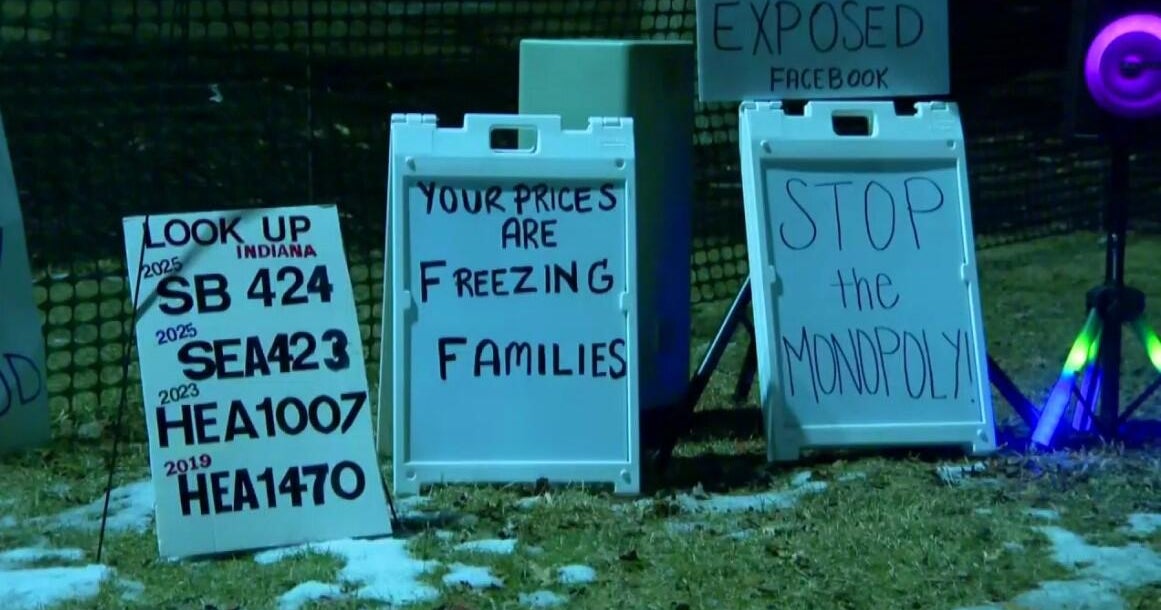French fuel tax put on hold as protests rage
PARIS - The French government suspended a fuel tax and utility hikes on Tuesday, a major U-turn in an effort to appease a protest movement that sparked large-scale rioting in Paris last weekend.
Prime Minister Edouard Philippe made the announcement in a live televised address three days after the worst unrest on the streets of Paris in decades. Philippe backpedaled on the planned increase, which was set to be introduced in January and is now postponed until the summer.
"No tax is worth putting the nation's unity in danger," said Philippe, just three weeks after insisting that the government wouldn't change course and remained determined to help wean French consumers off polluting fossils fuels.
More than 100 people were injured in the French capital and 412 arrested over the weekend in Paris, with dozens of cars torched. Shops were looted and cars torched in plush neighborhoods around the famed Champs-Elysees Avenue.
The Arc de Triomphe, which is home to the Tomb of the Unknown Soldier and was visited by world leaders last month to mark the centenary of the end of World War I, was sprayed with graffiti and vandalized inside.
"This violence must end," Philippe said.
Philippe also announced that electricity and natural gas prices will be frozen until May 2019 in a move aimed at improving consumer spending power.
Philippe's announcement is unlikely to put an end to the road blockades and demonstrations, though, with more possible protests this weekend in Paris.
A soccer game between Paris Saint-Germain and Montpellier which was scheduled for Saturday in Paris was postponed after police said they couldn't guarantee security amid expected protests in the capital.
"If another day of protests takes place on Saturday, it should be authorized and should take place in calm," Philippe said. "The interior minister will use all means to ensure order is respected."
"We will not settle for a crumb"
On Tuesday, protesters kept blocking several fuel depots and many insisted their fight wasn't over. "It's a first step, but we will not settle for a crumb," said Benjamin Cauchy, a protest leader.
Prominent Socialist figure Segolene Royal, a former candidate for president, lauded Philippe's decision but said it came too late.
"This decision should have been taken from the start, as soon as the conflict emerged," she said. "We felt it was going to be very, very hard because we saw the rage, the exasperation, especially from retirees. They should have withdrawn [the tax hikes] right away. The more you let a conflict fester, the more you eventually have to concede."
Far-right leader Marine Le Pen lashed out at the decision as too little, tweeting that it was "obviously not up to the expectations of the French people struggling with precarity."
The protests began last month with motorists upset over the fuel tax hike but have grown to encompass a range of complaints, with protesters claiming that Macron's government doesn't care about the problems of ordinary people.
Since the movement kicked off on Nov. 17, four people have been killed and hundreds injured in clashes or accidents stemming from the protests.
Despite the government's move to suspend the fuel tax increase, some analysts predicted that mounting economic frustrations in France means the protests are likely to continue.
"The movement has snowballed into general contestation of poor purchasing power, lack of opportunity and Macron's perceived arrogance, and will be very difficult to mollify," Charles Lichfield, an analyst with Eurasia Group, said in a note. "We expect roadblocks to continue, and a second wave of violent protests in Paris on Saturday, although these will perhaps be slightly better contained by the riot police as they will know what to expect."



